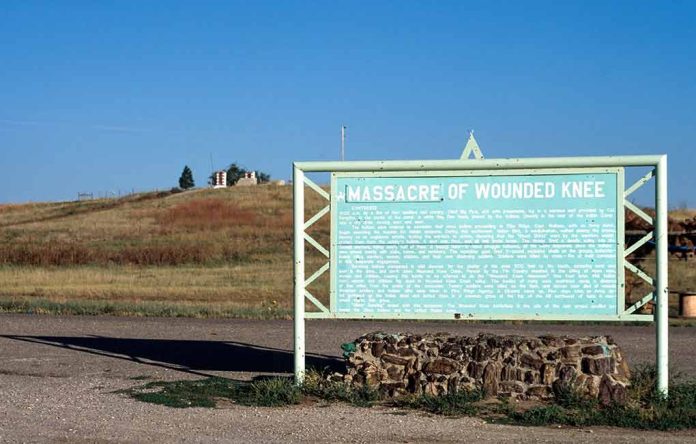
The recent announcement by the U.S. Department of Defense to review the Medals of Honor awarded for actions during the 1890 Wounded Knee Massacre marks a significant moment in American history. This decision, born from decades of tireless activism by Lakota people and their allies, represents a crucial step towards acknowledging past injustices and fostering reconciliation. As we delve into this story, we’ll explore the profound impact of this review on Native American communities, the broader implications for historical accountability, and why this development matters to all Americans seeking a more just and inclusive society.
The Power of Persistence: Lakota Activism in Action
For over two decades, Lakota activists, including descendants of massacre survivors, have been at the forefront of the push to rescind the Medals of Honor awarded for the Wounded Knee Massacre. Their unwavering commitment to justice has finally compelled the Department of Defense to take action. This review process, set to examine 20 Medals of Honor, aims to ensure that no awards were given for actions inconsistent with the medal’s status as the nation’s highest military honor.
Pentagon Reviews Medals of Honor from Wounded Knee Massacre
On December 29, 1890, U.S. Army soldiers killed an estimated 350 Lakota people in what is now part of the Pine Ridge Reservation in South Dakota. This tragic event, which began with a single shot during an attempt to disarm Native American warriors, resulted in the indiscriminate killing of men, women, and children.
“I have never heard of a more brutal, cold-blooded massacre than that at Wounded Knee,” said Maj. Gen. Nelson A. Miles.
This quote, attributed to General Nelson A. Miles, who arrived at the scene after the massacre, underscores the horrific nature of the event and the long-standing recognition of its brutality.
The Review Process: Ensuring Justice and Accountability
Defense Secretary Lloyd Austin’s directive for this review demonstrates a commitment to addressing historical wrongs. The process will scrutinize each medal individually, considering factors such as attacks on civilians, murder, rape, and other immoral acts.
“And that’s what is intended by the review that the secretary directed, which is to ensure that we go back and review each of these medals in a rigorous and individualized manner to understand the actions of the individual in the context of the overall engagement,” said an unnamed senior defense official.
This statement highlights the thorough and context-sensitive approach the review aims to take, ensuring a fair and comprehensive examination of each medal’s merit.
The Broader Impact: Healing and Reconciliation
The review of these medals carries significance beyond the immediate military context. For the Lakota people and other Native American communities, it represents a step towards acknowledging historical injustices and promoting healing. However, some activists caution against a rushed process that might prioritize closure over true justice.
“I don’t want it just to happen to get it off the table and move on. We’re talking about the descendants who lost their relatives there and they should really be given true justice,” said Oliver Semans, a member of the Rosebud Sioux Tribe.
This sentiment, expressed by a Native American activist, underscores the importance of conducting this review with the utmost care and respect for the descendants of those affected by the massacre.
Sources
- Pentagon to review Medals of Honor awarded for Wounded Knee massacre
- Pentagon panel to review Medals of Honor given to soldiers at the Wounded Knee massacre
- Austin Orders Review of Wounded Knee Medals
More from Around the Web
Learn more about the tragic incident on Captivating History:





